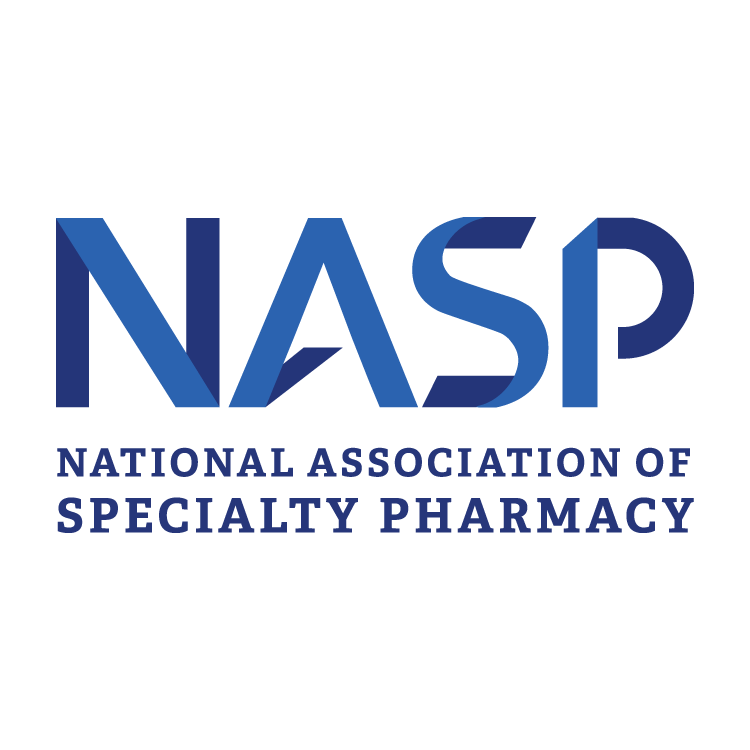The National Association of Specialty Pharmacy and Frier Levitt, LLC explore the disparate impact that certain Pharmacy Benefit Managers (PBMs) “direct and indirect remuneration” fees (commonly known as “DIR Fees”) have on specialty pharmacies and the healthcare system at large.
The investigative white paper, “Performance” Based DIR Fees: A Rigged System with Disparate Effect on Specialty Pharmacies, Medicare Part D Beneficiaries and the U.S. Healthcare System, was commissioned by the National Association of Specialty Pharmacy (“NASP”). It examines how some PBM-imposed DIR Fees, often calculated on a percentage of the total cost of the medication, have had a disparate impact on specialty pharmacies that focus on dispensing complex and high cost medications, that often require additional clinical and patient services. Specialty Pharmacies face a “double whammy” when percentage-based DIR Fees are calculated based on “quality metric” categories that have nothing to do with the products and services provided by specialty pharmacies, and over which specialty pharmacies have no ability to influence performance scores. Without a change to the existing practice, specialty pharmacies dispensing critical and complex medications may be unable to provide the support services necessary to ensure clinical success of Medicare Part D and Medicare Advantage patients treated with specialty medications and biologics, ultimately limiting beneficiary choice and access to medications, and resulting in poorer clinical outcomes and increased costs to the healthcare system.
Click here to access the full white paper,“Performance” Based DIR Fees: A Rigged System with Disparate Effect on Specialty Pharmacies, Medicare Part D Beneficiaries and the U.S. Healthcare System. (http://naspnet.org/whitepaper)
The Centers for Medicare & Medicaid Services (CMS) agrees, DIR Fees have the effect of shifting financial liability from PBMs and Part D Plan Sponsors to beneficiaries, and ultimately the Medicare program, through higher point-of-sale prices, despite the fact that the PBM claws back a portion of the price from the pharmacy. In addition, by rendering specialty pharmacies wholly underwater and forcing them to lose money on every single Medicare claim, PBMs and Part D Plan Sponsors will make it difficult for specialty pharmacies to continue to provide the patient access and clinical support services necessary to ensure optimal clinical outcomes, leaving the sickest patients with few alternatives for their life-saving medications.
Performance-based DIR Fees are often based on a pharmacy’s performance in a number of “quality metric” categories, established by the PBM. The categories can include a variety of different areas of performance, including ACE/ARB adherence, statin adherence, diabetes adherence, Comprehensive Medication Review (“CMR”) completion rate, and formulary compliance. In many programs, specialty pharmacies are being judged by PBMs using the same set of “quality metric” categories generally applicable to retail pharmacies, even if the specialty pharmacy’s business model renders the “quality metric” categories wholly inapplicable. What’s worse, in a circumstance where a specialty pharmacy does not fill claims that fall within a particular “quality metric” category, a specialty pharmacy’s performance score in a particular “quality metric” category is often dictated by average performance scores of the other retail pharmacies within the network, including pharmacies that offer completely different services to patients unrelated to the specialty pharmacy’s performance.
“In the specialty pharmacy industry, DIR Fees represent an existential threat to specialty pharmacies’ ability to provide the set of high touch access and clinical support services to the most vulnerable of patient populations,” states Sheila Arquette, Executive Director for NASP. “Performance-based DIR Fees as applied and imposed by PBMs puts specialty pharmacies severely underwater on the complex and unique medications they dispense, which are subject to different distribution and reimbursement models than retail pharmacies” states Rebecca Shanahan, President of NASP, adding “specialty pharmacies have no ability to control these PBM-imposed performance metrics, and instead, are left in rigged system designed to cause them to fail.”
As a result of the impact DIR Fees have had on Specialty Pharmacies throughout the country, members of the media and the pharmacy industry have begun scrutinizing PBMs and the practice of assessing DIR Fees. The United States Senate and House of Representatives have each introduced proposed legislation aimed at addressing DIR Fees and CMS has issued reports commenting on the impact DIR Fees have on the Medicare program and Medicare beneficiaries. However, more can and must be done to curtail the assessment of DIR Fees, or else patients and taxpayers alike will continue to suffer.

